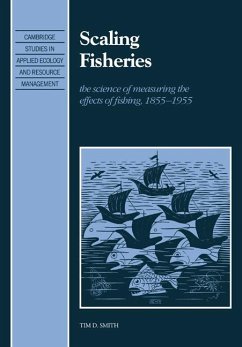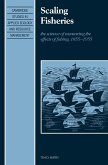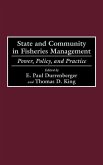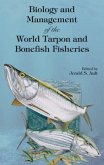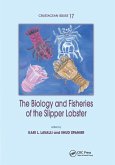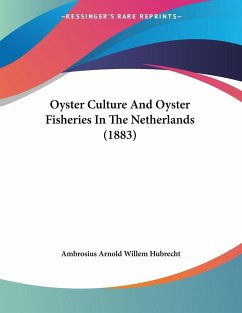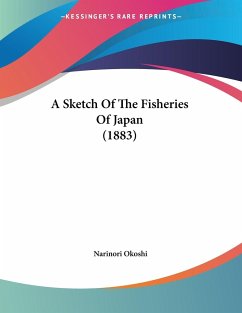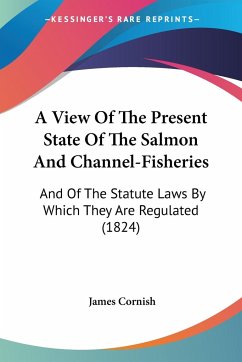Since the industrialisation of fishing, fisheries scientists have been subject to intense economic and political pressures, which have affected the way the science has developed. The origins and effects of these pressures are traced in this book to concerns about determining the causes of fluctuations in fish and whale catches, and to resistance to regulation of fishing activity when populations are depleted. The development of partial theories of fish population dynamics are described using examples of both national and international fisheries. The causes of the difficulties encountered in generalising these theories are examined, setting the stage for the limitation of scope of these studies that still influences the form and extent of fisheries research today. This is a fascinating resource for all those interested in fisheries science and the way it has developed in the last 150 years.
Hinweis: Dieser Artikel kann nur an eine deutsche Lieferadresse ausgeliefert werden.
Hinweis: Dieser Artikel kann nur an eine deutsche Lieferadresse ausgeliefert werden.

